The Department of E-commerce and Digital Economy ( Ministry of Industry and Trade ) recently issued a warning stating that: Recently, the press and some mass media have reported that taking advantage of people's increased travel needs, especially during the upcoming holidays, subjects are taking advantage of cyberspace to commit illegal acts through e-commerce websites/applications and social networks, which is becoming popular. This has a negative impact and influence on consumer confidence in e-commerce activities.
Therefore, the Department of E-commerce and Digital Economy has warned about some tricks of property appropriation as follows:
Specifically, the common fraud methods that subjects often use include posting advertisements selling tours and hotel rooms at cheap prices on e-commerce websites/applications and social networks, asking victims to transfer a deposit (from 30-50% of the value) to deposit for tours and hotel rooms, then fraudulently appropriating the deposit.
The subjects can also post advertisements for foreign tourist visa services on e-commerce websites/applications and social networks, promising a high success rate and a 100% refund if the visa is not granted. After the victim transfers the payment or part of the payment, the subjects will let the victim fill in the application form, complete the documents... Then, they will use the excuse that the victim provided missing information and will not return the money.
In addition, the subjects can fake the website/fanpage of a reputable travel company, fake photos of receipts, payment invoices and ask the victim to transfer money to pay for the tour. After the customer transfers money to pay for the travel service, the subjects will block contact and erase all traces.
In particular, the subjects can also fake/take over social network users' accounts, contact relatives on the friends list to say they are stranded while traveling abroad and need money immediately. The subjects can use Deepfake technology (artificial intelligence technology).
The Department of E-commerce and Digital Economy recommends that consumers: before deciding to book a tour or travel service, people need to be cautious and carefully research information about the travel company or service provider. They should choose reputable, certified units with full documents and business licenses. If there is any suspicion or unusual discovery related to tourism activities, people need to notify the authorities and not transfer money to anyone before clearly identifying the origin and reliability of that unit.
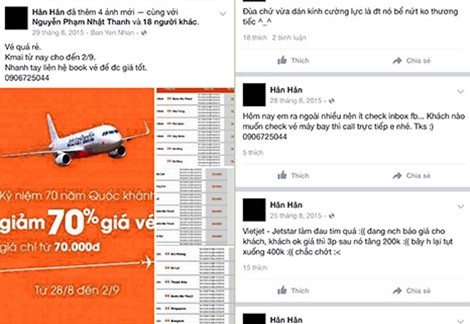 |
| Fraudulent tricks in the form of selling airline tickets are rampant in cyberspace - Illustration photo |
Previously, the Ministry of Public Security issued warnings about the situation of fraud and appropriation of property by advertising tourism services on social networks, causing social outrage. According to the Ministry of Public Security, some common fraud methods that subjects often use are: Posting articles advertising the sale of tours and cheap hotel rooms on the Internet and social networks with many accompanying utilities; asking victims to transfer deposits (from 30-50% of the value) to deposit for tours and hotel rooms, thereby appropriating the deposit. Posting articles advertising foreign tourist visa services, committing a high success rate, refunding 100% of the amount if the visa is not obtained.
After the victim transfers money to pay the cost or part of the cost, the subjects will let the victim fill out the declaration form, complete the documents... then use the excuse that the victim filled out missing information and not return the money.
Criminals also use a method of fraud to fake the website/fanpage of a reputable travel company, fake photos of receipts and payment invoices, and ask victims to transfer money to pay for the tour. After the customer transfers money to pay, the subjects will block contact and erase all traces.
These subjects also fake/hijack social media accounts, contact relatives on the friend list to say they are stranded while traveling abroad and need money immediately. The subjects can use Deepfake technology (technology that applies artificial intelligence to create videos with images and faces of characters that are identical to the image of the person the subjects want to impersonate) and make video calls (images) to make the victim think they are talking to their relatives and the need to borrow money is real, from there transfer money to the subjects.
The subjects impersonate airline ticket agents, create their own websites and social networking sites with links and designs similar to those of airlines or official agents, then advertise with very attractive prices compared to the general level to attract customers. If customers contact, the subjects will book airline tickets, send booking codes as collateral and ask customers to pay. After receiving payment, the subjects do not issue airline tickets and disconnect. Booking codes that have not been issued to airline tickets will automatically cancel after a period of time. Customers only find out about this when they arrive at the airport.
To avoid being scammed by the above tricks, the Ministry of Public Security recommends that people carefully research information when choosing travel packages, and should choose tour booking, room booking, and airline ticket booking services from reputable companies or through travel apps. For more peace of mind, people can ask the partner to show them the business license, documents, and practice certificates of the travel agency.
People need to be vigilant when receiving invitations to buy travel packages at very cheap prices (30-50% cheaper than the general market price); be especially careful when the travel agency asks for a deposit to hold a seat, if possible, make direct payment transactions. Pay attention to the signs of fake websites through the website name and domain name. Usually the names of fake websites will be similar to the names of real websites but will have some characters added or missing. Fake domain names often use strange extensions such as .cc, .xyz, .tk...
According to the Ministry of Public Security, for social networking sites (Fanpage) that sell and promote travel packages, especially cheap travel packages and cheap air tickets, people should choose social networking sites with a blue tick (registered accounts) or choose reputable social networking sites where they know the seller's information. Confirm the information about booking rooms and air tickets to promptly detect signs of fraud and report to the nearest police station for guidance on how to handle the situation.
Source







![[Photo] Prime Minister Pham Minh Chinh and Prime Minister of the Kingdom of Thailand Paetongtarn Shinawatra attend the Vietnam-Thailand Business Forum 2025](https://vphoto.vietnam.vn/thumb/1200x675/vietnam/resource/IMAGE/2025/5/16/1cdfce54d25c48a68ae6fb9204f2171a)

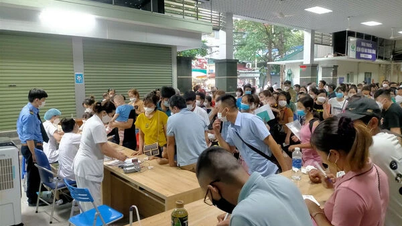



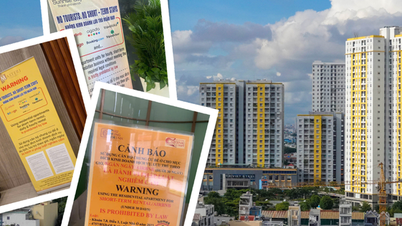

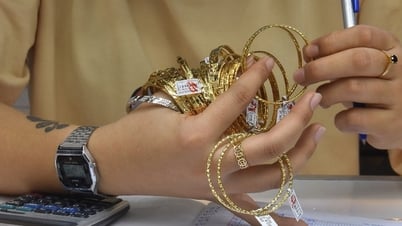






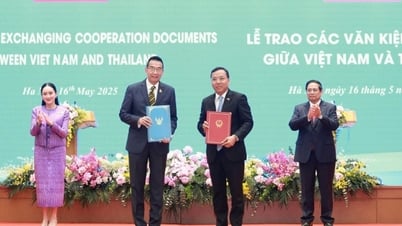



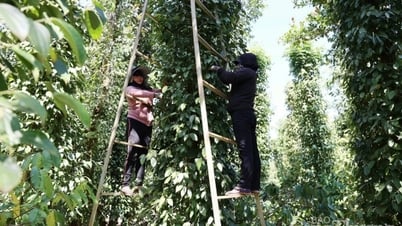

![[Photo] President Luong Cuong receives Prime Minister of the Kingdom of Thailand Paetongtarn Shinawatra](https://vphoto.vietnam.vn/thumb/1200x675/vietnam/resource/IMAGE/2025/5/16/52c73b27198a4e12bd6a903d1c218846)






























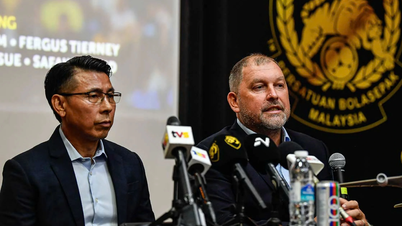


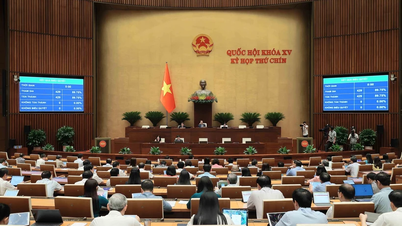






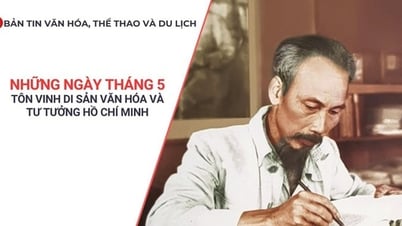

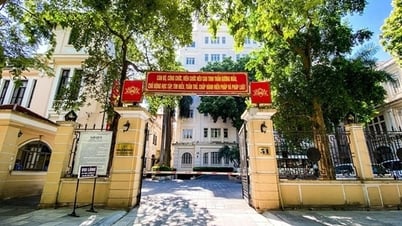







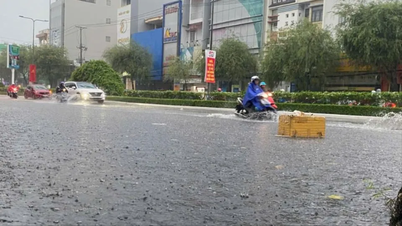

![[VIDEO] - Enhancing the value of Quang Nam OCOP products through trade connections](https://vphoto.vietnam.vn/thumb/402x226/vietnam/resource/IMAGE/2025/5/17/5be5b5fff1f14914986fad159097a677)
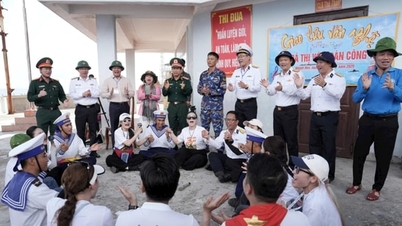












Comment (0)